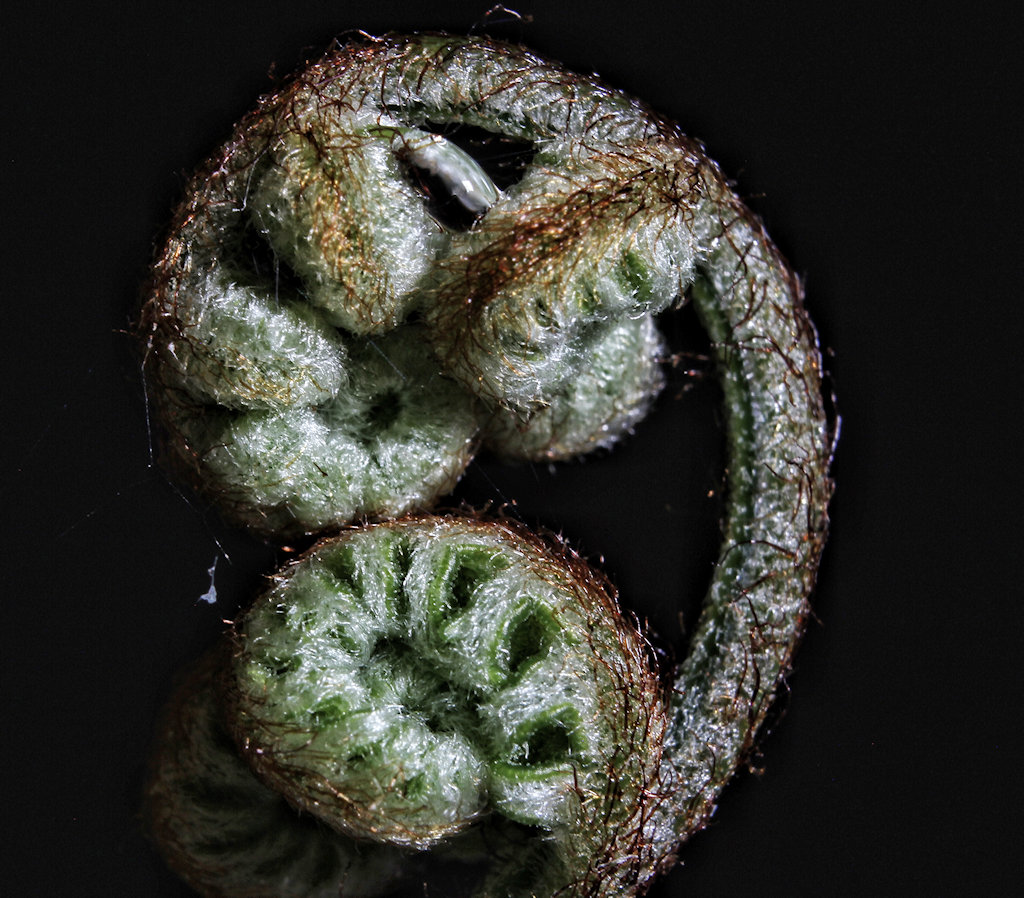
My father’s mother has worn the wigs for as long as he can remember, and even my father admits he’s only seen her without one once.
She lines the wigs industriously on her closet’s only shelf, each atop its own Styrofoam head. Each ash-blonde pixie cut seems identical to its neighbor, sets of twins frozen in an outdated style. Nonetheless, there are five, six, seven, eight: a row of bodiless women held captive in that little room with the light bulb hung from the ceiling.
As a child, my father watched her emerge from her bedroom each morning straightening her scalp and fiddling with its false bangs, then return each night scratching the nape of her neck, but she never removed a wig except at her vanity with the door closed. I know this vanity with the little matching stool. She is a heavy-set woman and looks precarious perched on the seat: a flightless bird balanced on a thin post. Over the years I’ve peeked to see her there, privately shedding her pristine scalps. Once revealed, her hair beneath is fine as a newborn’s and sheet-white.
While she worked a receptionist job at the neighborhood funeral parlor, my father and his brother Chuck would enter the wigs into their games as shooting targets, enemy combatants. They strategically placed the gray-blonde crowns on living room surfaces and loaded their arms with ammunition. They lined the women’s heads in the yard to test the decapitating accuracy of a BB gun or a homemade bow. They spat slurs at the raceless heads, names they’d been called themselves, though if the heads heard or resented these epithets, they never acknowledged it. Spent, the boys would gather the wigs and the bulleted scalps and return them to the closet; years would pass, the heads silently enduring. These were the things the wigs survived without their mother ever knowing.
Once in rage, the man-she-kept-around Jim grabbed a fistful of 100% human hair and wrenched one of the wigs from her scalp. It came loose all at once like the skin of an onion, her white scalp sweating beneath. This was the one time she would be seen outside of her room without a wig: her guilt sprawled pale and magnificent across her head, some long-buried flower blooming for all to see in the lamplight.
My father says he felt ashamed, like he was seeing her naked. It is a moment he can recall feeling tenderly towards his mother; though it was only the one moment, and by now he can hardly remember it. As he got older, he began to imagine that it was her failed mixed-marriage to a Black salesman, the resulting welfare stamps, his brother and him—their skin rich and dark as dye—that she wished to cover up.
“But did she love you?” I ask.
“It was a mad house,” he says, remembering.
The evenings his mother would perch on her stool staring at her many heads in the warped mirror. The hours she spent brushing the wigs on their lifeless heads, tending to them like children: her own boys long lost to her on the streets, two black sheep in the dark. The man-she-kept-around. The slurs he would spit at the boys while their mother averted her eyes, pretending deaf. The full-armed slaps to a woman’s jaw white as Styrofoam. The nights my father fled a gun’s barrel shoved between his teeth.
I know now that he’d crouch for hours in the blinding dark of his mother’s closet, praying to God in that enveloping curtain, that closet-turned-confessional. The wigs mocking or absolving him, he’s never said.
These are things my father survived. For years when we’d visit his mother’s house and eat her box-batter cookies, it was all kept secret. When he began to tell me things, when his early life with her began unraveling, I became ravenous: I wanted to know the story, its beginning and middles, the feathered twines, every learned lesson.
For years I’ve believed the wigs hold a morbid wisdom, that in her closet my grandmother discovered the secrets to cheating death. Now, I am returning to that closet of many heads. Giving each Styrofoam witness a red-marker mouth; demanding answers. In that small and imprisoning room, I want to know what secrets only the wigs know. It is an unveiling, slipping the hair-covered nets carefully from their silent perches, sliding their gray shrouds onto my own dark head.
___
Natalie Rose Richardson is a graduate of the University of Chicago and a current MA+MFA candidate at the Litowitz Creative Writing Program at Northwestern University. Her poetry and prose has appeared, or is forthcoming in, Poetry Magazine, The Adroit Journal, Arts & Letters, The London Reader, and Narrative, along with numerous anthologies, including The Golden Shovel Anthology. Born in 1995 in New York City, she lives and works in Chicago.

4 comments
Jacob Johnson says:
Jan 21, 2020
Wow! This is one of the best pieces Brevity has ever published. We need more work from Natalie Richardson.
Marie says:
Jan 30, 2020
Well done! There’s a whole family story here that could go beyond this.
Madi says:
Mar 4, 2020
An interesting story to pay homage to family, Well done.
Jenny Orme says:
Apr 10, 2020
Admirably told story of domestic violence without belaboring the point. I hope to do as well.